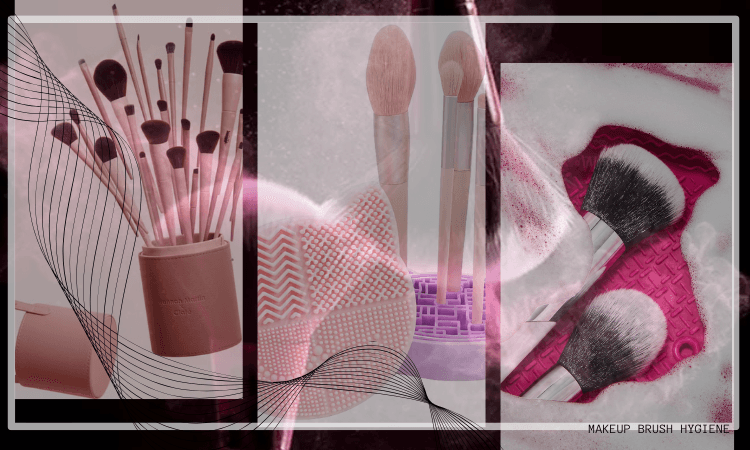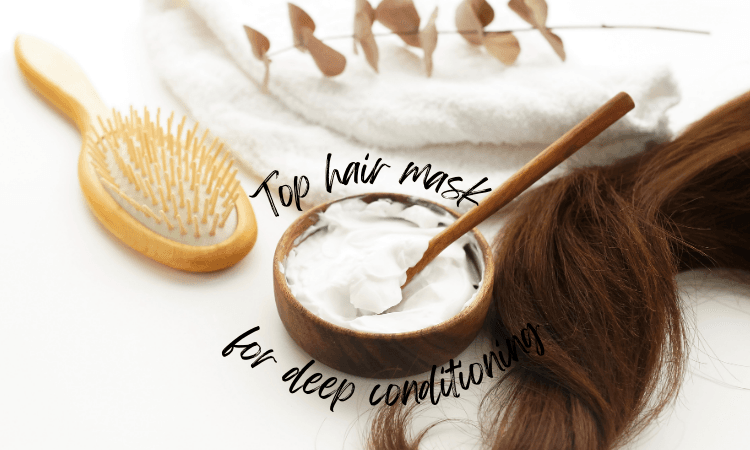Makeup brushes are essential tools for applying makeup smoothly and evenly, but they can also become a breeding ground for bacteria and other harmful particles if not cleaned regularly. Whether you’re a professional makeup artist or simply someone who enjoys makeup as part of your daily routine, it’s important to understand the value of maintaining clean brushes. In this article, we’ll explore why cleaning makeup brushes regularly is vital for skin health, the quality of your makeup application, and the longevity of your brushes.
The Health Benefits of Cleaning Makeup Brushes
Preventing Skin Irritation and Breakouts
Dirty makeup brushes can transfer dirt, oils, and bacteria from your skin to your face each time you use them. These contaminants can clog pores, leading to breakouts and skin irritation. When your brushes aren’t cleaned, they can also accumulate dead skin cells, which exacerbates the problem.
For those with sensitive skin or acne-prone complexions, using unclean brushes increases the likelihood of developing allergic reactions or inflammation. Cleaning your brushes regularly helps to eliminate these unwanted substances and reduces the risk of skin flare-ups.
Reducing the Risk of Infection
Another serious concern with not cleaning makeup brushes is the risk of infection, particularly eye infections. Brushes used around the eyes, such as eyeliner and mascara brushes, can easily harbor bacteria, which, if transferred to the delicate skin around the eyes, can lead to infections like conjunctivitis (pink eye).
By washing your brushes after every use, you can reduce the chances of transferring these harmful bacteria to your skin and eyes. It’s especially crucial to clean brushes used for eye makeup, as the eyes are highly sensitive and susceptible to infection.
The Impact on Makeup Application

Ensuring Consistent Makeup Results
One of the main reasons to keep your makeup brushes clean is to maintain consistent and smooth makeup application. Over time, makeup products like foundation, concealer, and eyeshadow can build up in the bristles. This buildup can lead to uneven makeup application, streaks, and patchiness.
Clean brushes ensure that makeup goes on smoothly and evenly. Fresh, well-maintained brushes distribute products more effectively, helping to achieve a polished, flawless look each time.
Enhancing Brush Longevity and Performance
Regularly cleaning your makeup brushes doesn’t just benefit your skin and makeup routine—it also helps maintain the longevity and effectiveness of your brushes. As makeup builds up, it can damage the bristles and reduce their softness, which affects their performance.
By removing product buildup, you prevent bristles from becoming stiff or frayed. Clean brushes last longer and retain their shape and softness, allowing for better application and a longer lifespan. This saves you money in the long run, as you won’t need to replace brushes as frequently.
How Often Should You Clean Your Makeup Brushes?
Daily vs. Weekly Cleaning
The frequency of cleaning your brushes depends on how often you use them and the types of products you apply. For example, brushes used for liquid products like foundation or concealer should be cleaned more often than those used for powder products like eyeshadow.
- Daily Cleaning: Spot cleaning with a quick drying brush cleaner or a makeup wipe is a good practice for brushes used daily. This is especially helpful for brushes that come into contact with liquid makeup, such as foundation brushes. Products like the EcoTools Makeup Brush Cleaner or Cinema Secrets Brush Cleaner can be used for quick cleaning to remove surface buildup.
- Weekly Cleaning: Deep cleaning is recommended at least once a week. This involves using a gentle cleanser to remove all residue and sanitizing the brushes thoroughly. Use a mild shampoo or a dedicated brush cleaner to deep clean, ensuring that all the dirt, oils, and makeup are removed.
Signs Your Brushes Need Cleaning
You don’t always need to follow a strict schedule. Sometimes, the condition of the brush itself will tell you when it’s time for a cleaning. Here are a few signs:
- Foundation or concealer buildup on the bristles
- A strong, unpleasant odor coming from the bristles
- Hard or stiff bristles
- Uneven application of makeup, even after multiple attempts
Best Practices for Cleaning Makeup Brushes

Choosing the Right Cleaning Product
When it comes to cleaning your makeup brushes, it’s important to choose the right cleanser to protect both your brushes and your skin. Some options include:
- EcoTools Makeup Brush Cleaner: This gentle, eco-friendly brush cleaner is effective at removing buildup while being safe for your skin and brushes.
- BeautyBlender Solid Cleanser: This is a gentle yet powerful cleanser that works well for both synthetic and natural brushes.
- Dove Beauty Bar: A mild soap that’s gentle on the skin and effective at cleaning brushes without causing damage.
Look for cleansers that are free from harsh chemicals, as these can damage your brushes and irritate your skin.
Step-by-Step Cleaning Process
Follow these simple steps to clean your brushes properly:
- Wet the Bristles: Hold the brush under lukewarm water, making sure the bristles are facing down to avoid water running into the ferrule (the metal part).
- Apply Cleanser: Gently lather a small amount of brush cleaner or mild shampoo onto the bristles.
- Rinse Thoroughly: Rinse the bristles under water, ensuring that all product residue is washed away.
- Dry the brushes: Gently squeeze out excess water and reshape the bristles. Lay the brush flat on a clean towel to dry. Avoid drying brushes upright, as this can cause water to seep into the ferrule, which could lead to mold growth.
Drying and Storing Brushes
Proper drying and storage are just as important as cleaning. Never store brushes when they are damp, as this can lead to bacteria growth. Lay brushes flat on a towel or hang them upside down using a brush holder to ensure they dry completely.
Store brushes in a clean, dry place to prevent dust and debris from accumulating on the bristles.
Common Mistakes to Avoid When Cleaning Makeup Brushes
Using Harsh Cleaning Products
While it might be tempting to use strong chemicals to clean your brushes, this can actually damage the bristles and affect the application of makeup. Avoid products like alcohol-based cleansers or dish soaps that can strip brushes of their natural oils.
Not Fully Drying Brushes
Rushing through the drying process can cause your brushes to retain moisture, which may result in bacteria growth or even mold. Always ensure brushes are completely dry before using them again.
Over-Cleaning Brushes
While it’s important to clean your brushes regularly, overwashing them can damage the bristles and lead to premature wear and tear. Aim to deep clean brushes once a week or as needed, and spot clean in between.
Conclusion
Cleaning your makeup brushes regularly is essential for both your skin health and the longevity of your tools. Dirty brushes can lead to skin irritations, acne, and infections, while clean brushes provide smoother, more even makeup application and help extend the life of your brushes. By following the right cleaning practices and using the correct products, you can ensure that your brushes remain in top condition, giving you better makeup results and protecting your skin from harmful bacteria. Make cleaning your brushes a routine, and you’ll see the difference it makes to both your skin and makeup performance.



